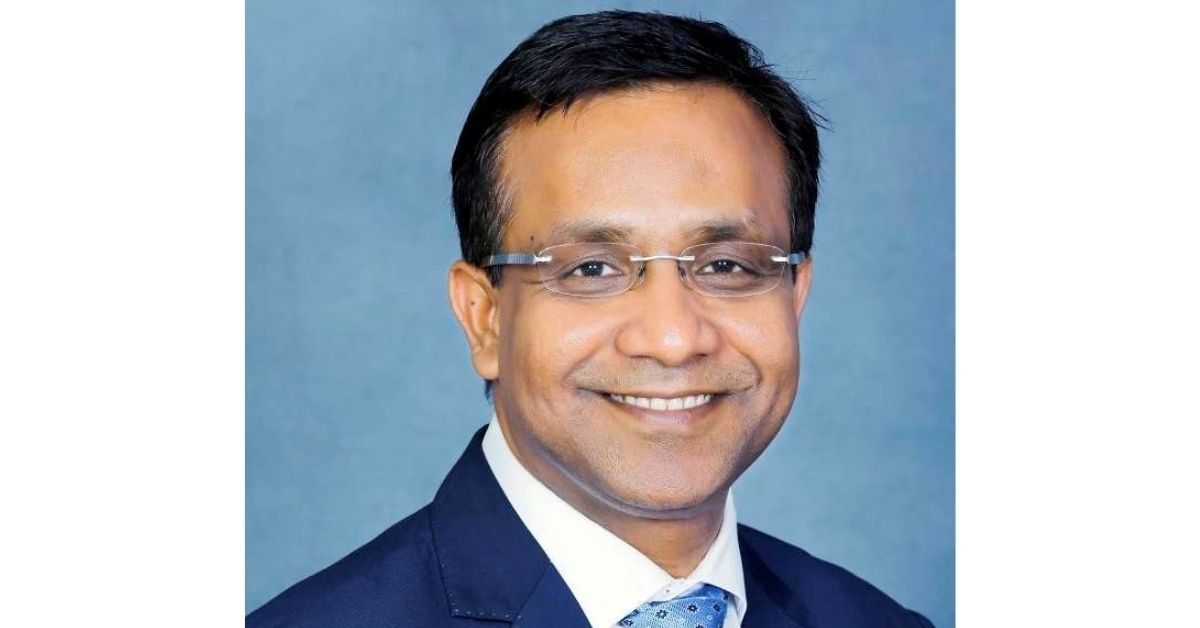Global integrated container logistics firm Maersk, which pioneered India’s first female-only warehouse and first women seafarer’s cadet programme last year, is reversing age-old gender norms in traditionally male-dominated sectors by providing equal opportunities for women to learn and grow in the logistics and marine industry, said Vikash Agarwal, Managing Director – South Asia at Maersk.
“It is about time we turn the tide with women on board and ensure everyone is equal at sea,” said Agarwal.
Agarwal also detailed the larger aim behind launching these measures that are already driving ground-level impact in degenderizing roles, creating better value systems for businesses, and enabling women to chart the uncharted waters in the historically male-dominated logistics sector.
“For centuries seafaring has been equated with men and this has naturally influenced the overall conditioning, beliefs and the actions of stakeholders associated with the marine industry. The first step towards solving any problem is first acknowledging that it exists,” spelt out Agarwal, who is at the helm of efforts to reverse the currents of sexism, cultural biases, and miguided perceptions about careers in sea and logistics that have historically contributed to the underrepresentation of women in this ‘turbulent’ sector.
Women, for example, make up only 0.5% of the total Indian seafarers. By launching India’s first women seafarer’s cadet programme in early 2022, Maersk aims to significantly increase the number of women among the fresh cadets inducted from a baseline of 7.6% in 2021 to 50% by 2027.
“We know that our target of achieving equal distribution between women and men cadet intake by 2027 is highly ambitious. However, we realise that for such a change to take place, we must verbalise these goals, set ambitious targets, and measure our progress. Significant change is possible if we put our minds and efforts into it. And to ensure sustainability of this initiative, we have adopted a three-pronged approach: Promote, Nurture, and Advance,” said Agarwal.
He further elaborated on the three-pronged approach adopted by the company:
Promote: As one of the promotional measures, Maersk has invested in an outreach programme to promote a career in seafaring across schools in India.
Nurture: In order to nurture potential talent, Maersk has collaborated with AMET University in Chennai to design and implement a dedicated women-led cadet programme where women are treated equally. This programme is designed to provide women with a safe and non-discriminatory environment both physically and psychologically.
Advance: To further women in maritime careers, Maersk has been actively investing in increasing the number of women in their fleet and creating an equitable workplace to retain talent. Additionally, Maersk has a dedicated cultural transformation team in place whose job is to look at this in a holistic manner from process to procedures, to providing PPE kits, to giving management onboarding tools, and helping steer meaningful conversations about making everyone feel included and a part of the team.
“We believe that by focussing on inclusion we will improve the lives of all our seafarers and make it attractive to sail with Maersk for everyone and not just for women,” summed up Agarwal.
Women at warehouses, in logistics
Integrating inclusion into logistics as well, Maersk opened the doors to its new warehouse in Dadri, Uttar Pradesh. Located within the premises of the company’s Container Freight Station (CFS), the 100,000 sq ft warehouse is the first of its kind, with women running and operating all jobs and tasks in the facility.
“When we were setting up multiple warehouses across the countries we realised that while women were involved in a few simple tasks like picking and packing in a few warehouses, there was hardly any representation of women in the workforce when it comes to the Inland Container Depot (ICD), which are mostly in remote locations,” recalled Agarwal.
To address this gap, Maersk embarked on a journey of bridging the gap between women’s needs and will to work to earn money and existing structural and social challenges such as families not ‘allowing’ them to work. Hand-picked from the nearby villages, Maersk hired, trained, and created jobs for 84 women, who needed employment, but did not have access to the right opportunities.
“Once the families and the school headmasters were convinced about the safety of women, hygienic working conditions, and a fair opportunity which Maersk would be offering, they were convinced,” recounted Agarwal.
While some women could take up unskilled and semi-skilled jobs immediately, others had to undergo upskilling involving operating metal, handling equipment that required training. And this is where Maersk invested considerable time; the company partnered with institutes and trainers who were entrusted with the job of training the women, post which the women recruits were ready to undertake those specialised tasks.
“Today, almost every ICD you see in Dadri has started deploying women in the workforce now. And this is amazing, where we started with zero and now the whole industry has embraced us, and they started to see the value of women and having better productivity, even better than men,” signed off Agarwal, signalling the winds of change for women aspiring to take their first strides into the maritime and logistics world.







